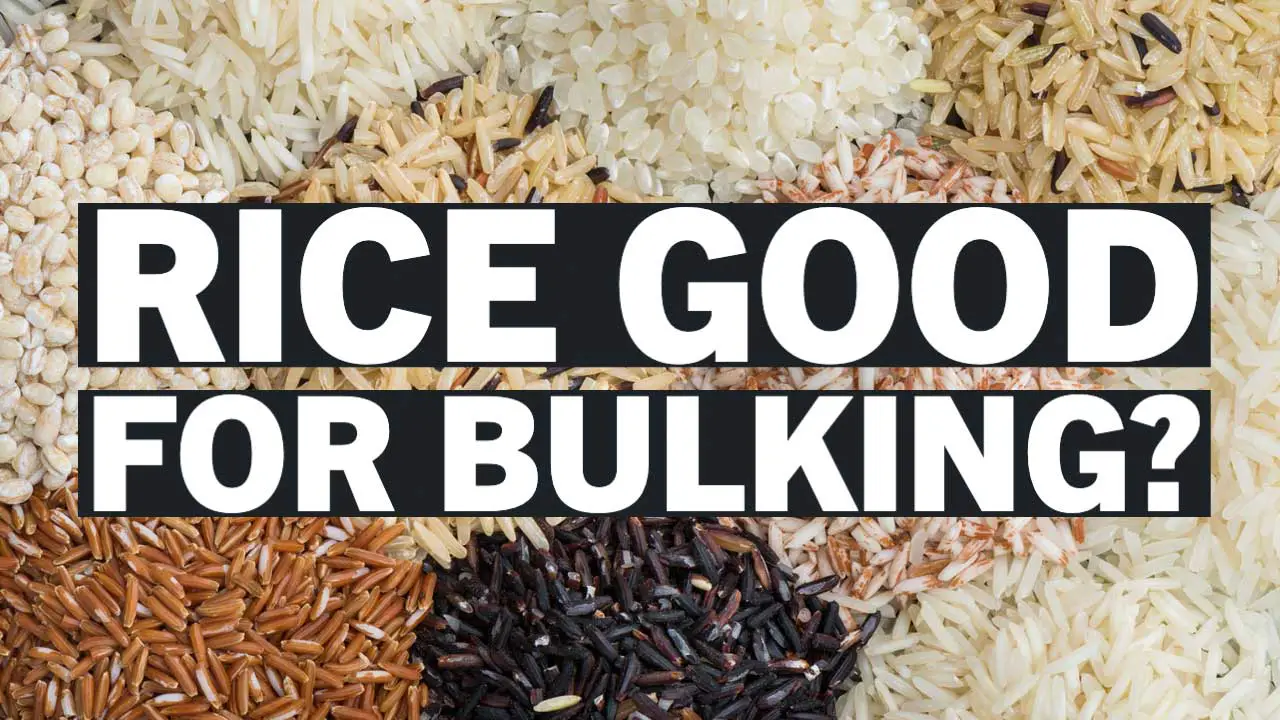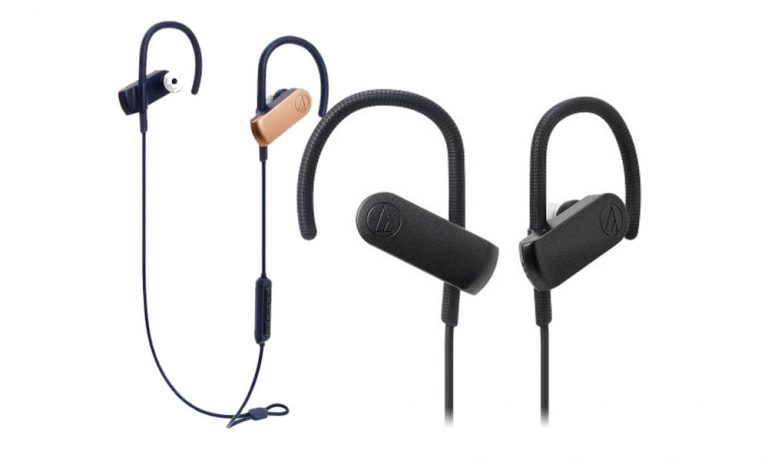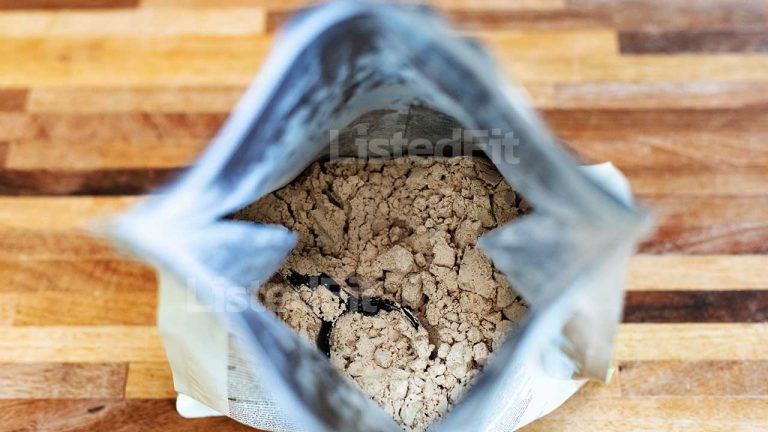How Long Does it REALLY Take to Build Muscle?

ListedFit is reader-supported. When you buy through links on our site, we may earn a small commission.
Gaining muscle is not easy. It takes time, dedication and perseverance to see results. How long it takes to gain muscle is different for everyone. It also depends on your genetics, how often you train, your nutrition and how much time you dedicate to gaining muscle.
If you’re serious about putting in work so that you can achieve the body of your dreams, then it’s important that you understand exactly how long it will take for your body to start responding by growing stronger and more muscular with training.
The good news is that there are ways to accelerate this process. This article will get into all the details about how fast you can gain muscle as well as give tricks on how to make it happen faster than usual.
Table of Contents
- How Long Does it Take to Build Muscle?
- How to Build Muscle Fast
- 3 Tips To Help You Gain Muscle Faster
- Can Supplements Speed Up Muscle Growth?
- Conclusion
How Long Does it Take to Build Muscle?

The time it takes to build muscle is highly variable and depends on many factors. For example, if you’re a beginner, then it could take you a year or longer to build your first significant amount of muscle.
However, if you’re an intermediate or advanced lifter, then you could see noticeable muscle growth in as little as 3 to 6 months. On average, it takes about 10 to 15 weeks to build muscle.
This number can fluctuate depending on your genetics, the amount of muscle you lose each day and your nutrition.
The building phase of muscle growth lasts from 2 to 4 weeks during which you’ll see some changes in your muscles. The second phase is called the “growing” phase and can last from another 3 to 8 weeks.
During this period, your muscles grow noticeably larger as new myofibers are added. As you gain experience, these phases become shorter and shorter. This means that you get more efficient at building muscle and require less time to do so.
How to Build Muscle Fast

If you want to build muscle fast, you’ll want to make sure you’re following a well-rounded workout routine that focuses on building muscle.
If you’re a beginner, then make sure you are focused on lifting weights that are heavy enough so that your muscles feel challenged.
If you’re an intermediate or advanced lifter, then make sure your lifting weights that are challenging enough so that you feel your muscles burning. A lack of challenge in your workouts can lead to a lack of results.
Your diet is also key when you want to build muscle fast. Make sure you are eating enough calories to support your workouts and building muscle.
Try to get your protein from healthy sources like fish, chicken, eggs, dairy and beans. Stay away from refined sugars and unhealthy fats to help your body build muscle faster. Stay hydrated and get plenty of sleep to support your muscles and help them repair and grow stronger.
3 Tips To Help You Gain Muscle Faster
Build a Strong Foundation – Make sure your form is correct when you’re lifting weights. Incorrect form could lead to an injury that could slow or stop your muscle-building progress.
Eating Enough Calories – Make sure you are eating enough calories to support your workouts and help your body build muscle.
Stay Hydrated and Relax – Stay hydrated to prevent muscle cramps, support your immune system and help your muscles recover faster. Relax and try to reduce your stress level so that your body can recover and build muscle faster.
Consider an electrolyte supplement to help you replenish salts lost through some of your more intense workouts.
Can Supplements Speed Up Muscle Growth?

There’s no doubt that supplements can play a role in helping you reach your fitness goals. But do they actually speed up muscle growth?
The answer isn’t so simple. Supplements can certainly help you get more out of your workouts, but they’re not a magic bullet.
If you’re not eating a balanced diet and getting enough protein, no supplement will be able to help you build muscle.
However, if you are eating a healthy diet and working out regularly, supplements can give you a boost. The right supplements can help you recover from workouts more quickly, build muscle more effectively, and even increase your strength.
So if you’re looking to gain an edge in your fitness journey, supplements may be worth considering. Just remember that they’re not a substitute for a healthy diet and regular exercise.
Conclusion
Gaining muscle is not easy. It takes time, dedication and perseverance to see results.
How long it takes to gain muscle is different for everyone. It also depends on your genetics, how often you train, your nutrition and how much time you dedicate to gaining muscle.
However, the good news is that there are ways to accelerate this process. This article will get into all the details about how fast you can gain muscle as well as give tricks on how to make it happen faster than usual.
If you want to gain muscle faster, make sure you are following a well-rounded workout routine, eating a healthy diet and staying hydrated. Stay relaxed, don’t forget to rest and try to reduce your stress level so that your body can recover faster.
Author
- Danny Loeb is a qualified Personal Trainer, Fitness Model and Writer. He enjoys blogging about health and fitness, messing around with Photoshop, and sharing his experiences with everyone.
Latest entries
 NutritionFebruary 6, 2024What Are Fillers in Supplements? – Unveiling Inactive Ingredients
NutritionFebruary 6, 2024What Are Fillers in Supplements? – Unveiling Inactive Ingredients FitnessAugust 23, 2023Best Post-Workout Foods: Great Ideas for Recovery and Results
FitnessAugust 23, 2023Best Post-Workout Foods: Great Ideas for Recovery and Results BulkingJuly 26, 2023Is Rice Good for Bulking? Unveiling the Truth
BulkingJuly 26, 2023Is Rice Good for Bulking? Unveiling the Truth CultureJuly 15, 2023Why Do People Hate Planet Fitness? Read This Before You Join!
CultureJuly 15, 2023Why Do People Hate Planet Fitness? Read This Before You Join!
Affiliates:
This post may contain affiliate links that at no additional cost to you, the site may earn a small commission. We only recommend products we would use ourselves and all opinions expressed on this site are our own.
General Advice:
The information provided in this article is for general informational purposes only. It is not intended as a substitute for professional advice. Always consult with a qualified healthcare professional before starting any new diet, exercise program, or making changes to your health routine.
Accuracy Advice:
While we strive to provide up-to-date and accurate information, the content in this article may not reflect the most current research or medical guidelines. We encourage readers to do further research and consult with professionals for more personalized advice.
Our Recommendations:
The products and services mentioned in any of our articles are recommended based on our independent research and personal experience. We are not sponsored by any company. We aim to suggest products and services we believe are of high quality and could be beneficial to our readers.






